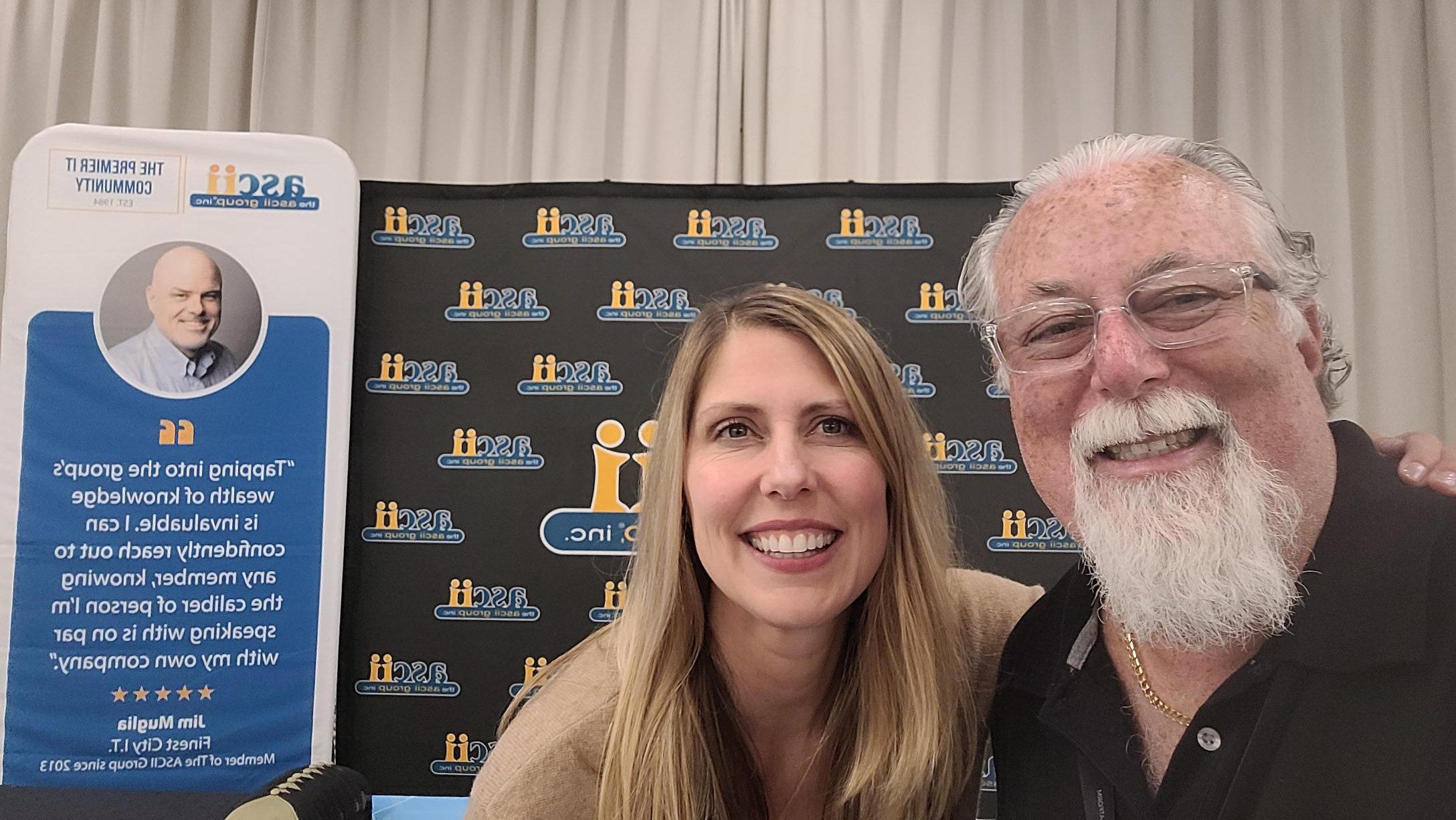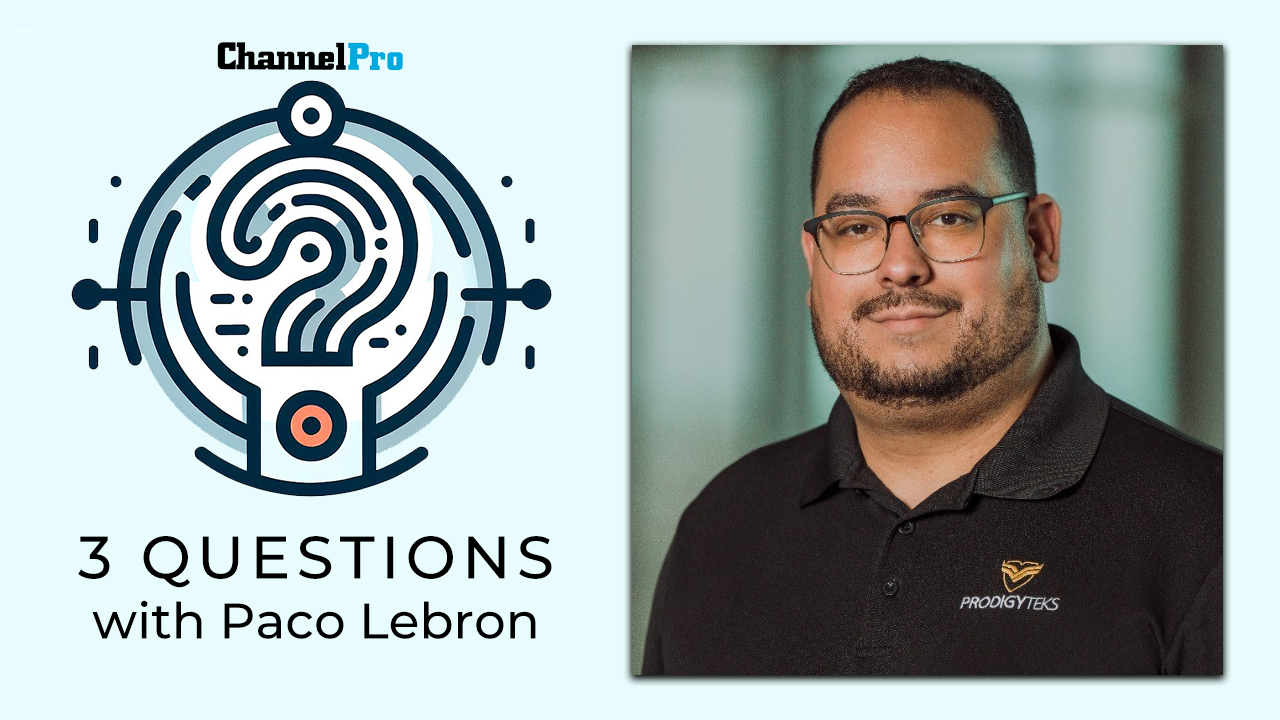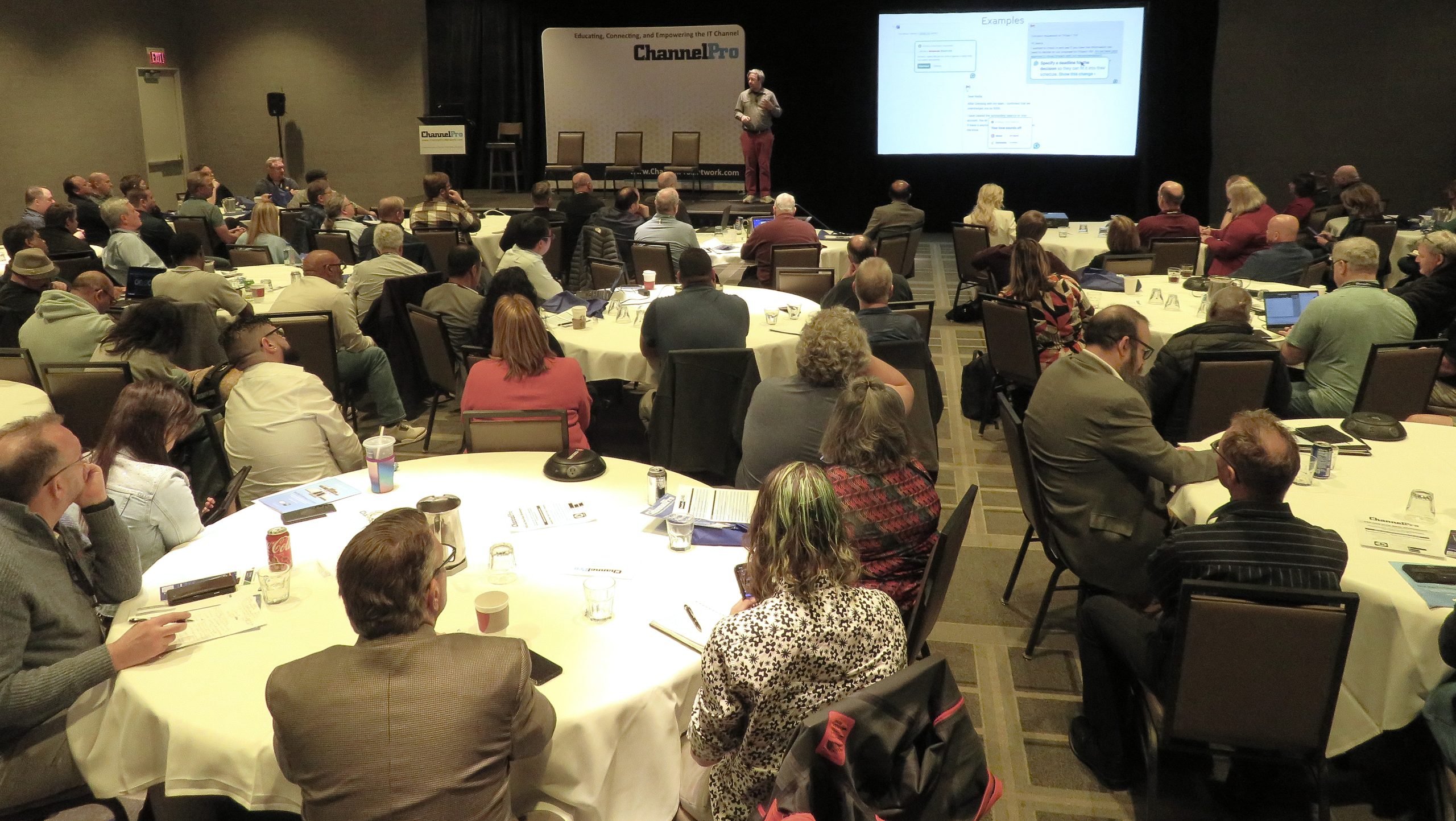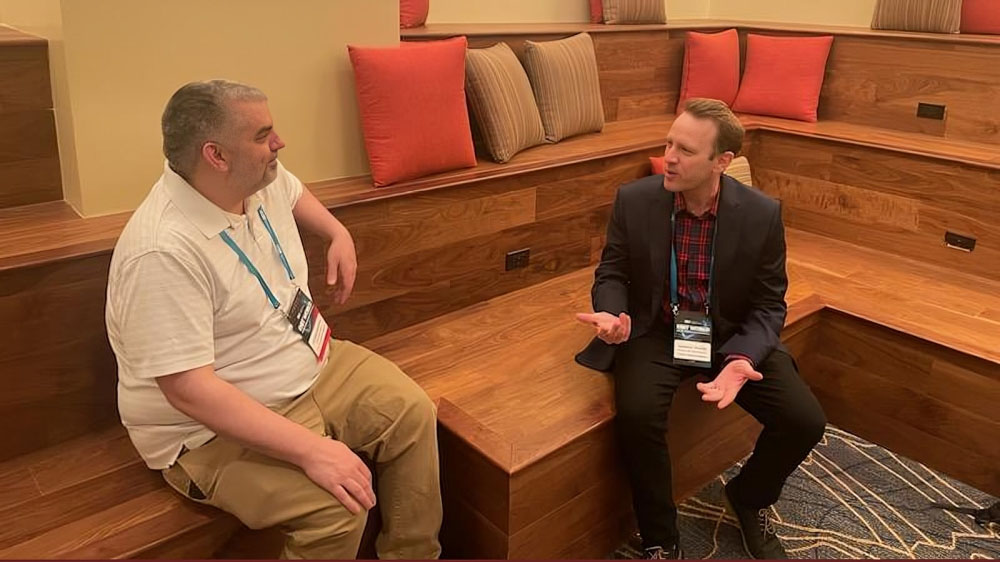Microsoft‘s 2018 Inspire partner conference, which wrapped up today in Las Vegas, wasn’t without headline-worthy news.
It’s no small thing, after all, that partner solutions and services will appear side-by-side with Microsoft’s own in the company’s product catalog, or that members of Microsoft’s Cloud Solution Provider program now have access to all of those offerings. The creation of a new program for managed service providers with expertise in the Microsoft Azure public cloud platform is significant too, even if few but the largest MSPs are likely to qualify for it.
Still, announcements like that pale in comparison with those made at last year’s Inspire, which included the launch of a new, consolidated partner organization called One Commercial Partner (OCP); the debut a new go-to-market strategy aimed at delivering complete, industry-specific solutions; and the introduction of a new “co-selling motion” that allows Microsoft account representatives to apply sales of partner solutions against their quota obligations.
According to numerous vendors and distributors at this year’s Inspire, that studied contrast is no accident and has a simple explanation: most of the change unveiled last year has yet to turn from intention to reality.
“It hasn’t yet landed,” says Craig Joseph, CEO of cloud distributor intY Ltd., whose U.S. headquarters are in Bellevue, Wash. “I think this might be one of these years where we just see everything that we’ve had [announced] in the last 12 or 24 months being cemented.”
Many of his peers at Inspire hold the same expectation, and few find it either surprising or frustrating.
“To turn a ship the size of Microsoft is very, very difficult,” observes Duan van der Westhuizen, general manager of the Microsoft Azure business at hosting, cloud computing, and managed services giant Rackspace, of San Antonio, Texas.
Geeman Yip, CEO of Bellevue, Wash.-based managed services automation vendor BitTitan Inc., employs a similar metaphor to describe Microsoft’s progress toward the goals it put in place last year.
“It’s like a train,” he says. “It’s slow moving and then when it gets up to speed there’s a lot of power.”
Yip is one of many Microsoft partners in the vendor community still anticipating good things when that train is going at full steam, especially with respect to the co-selling initiative, which he says has yet to get rolling in earnest.
“The last 12 months for Microsoft have been about understanding how do we do that co-sell, because it’s new,” he says. “I think over the next 12 months we’ll begin to actually see more co-sell.”
In the meantime, BitTitan has cleared the way for that collaborative deal-making to come by completing the arduous qualification process for “Co-Sell Ready” status in the Microsoft partner program. Nerdio, a Chicago-based maker of a streaming, all-inclusive SMB network solution for SMBs, officially cleared that bar this week as well.
“They have lots and lots of boxes we had to check,” says Vadim Vladimirskiy, the company’s CEO. “It took some time, but I’m glad we were able to get it done.”
Microsoft, for its part, understandably chose this week to emphasize what it has accomplished on the road to its revamped partner and sales strategy to date over what it hasn’t. The company sent 1 million sales leads to its partners during the fiscal year that ended in June, for example, and helped partners pocket $5 billion in revenue through co-selling.
“We have seen some tremendous success,” said Gavriella Schuster, the corporate vice president who runs OCP, during a virtual press briefing last week.
Scott Paul, senior director of the Microsoft alliance at cloud distributor AppRiver LLC, of Gulf Breeze, Fla., gives Microsoft credit for its achievements in the last year as well. In the past, he notes, getting more than cursory assistance from Microsoft with sales or technical roadblocks was often challenging.
“Our experience has been that OCP has swept aside a lot of that difficulty,” Paul says.
Scott Walker, meanwhile, applauds Microsoft for making its new rules and requirements clear and easy to understand.
“Compared to other public cloud providers and their partner programs, Microsoft has a very mature and very well thought out partner program and a path to co-selling with their salespeople,” says Walker, who is vice president of global strategic alliances at Minneapolis-based data protection vendor Arcserve LLC. “Many public cloud providers don’t provide that.”
For Walker and others like him in Microsoft’s channel, that’s reason enough for some patience as Microsoft strives to bring its ambitious new sales and partnering plans to life.














